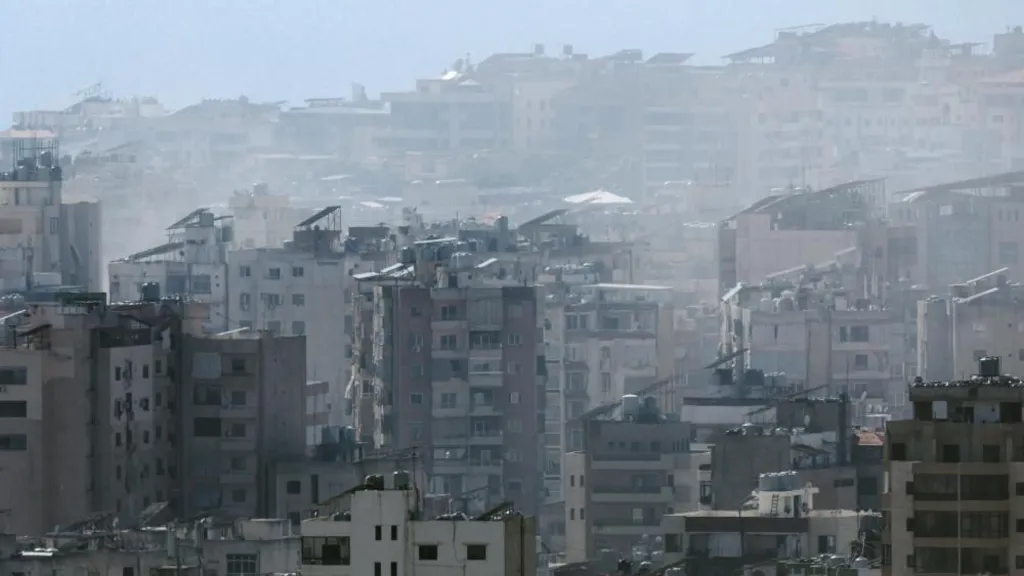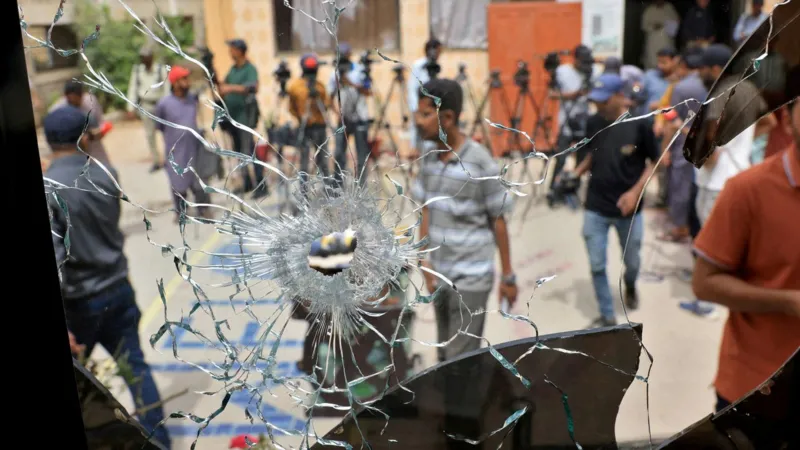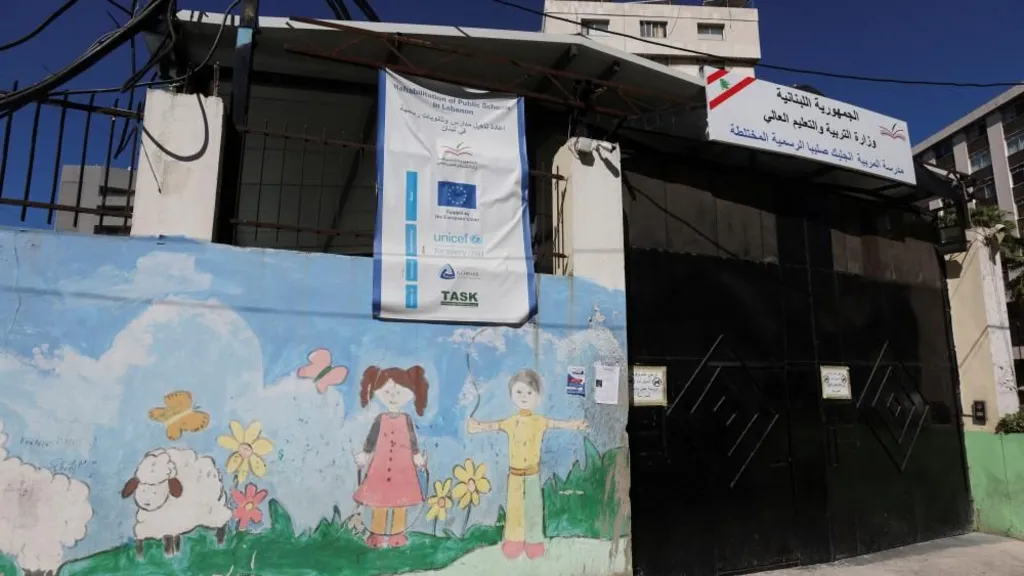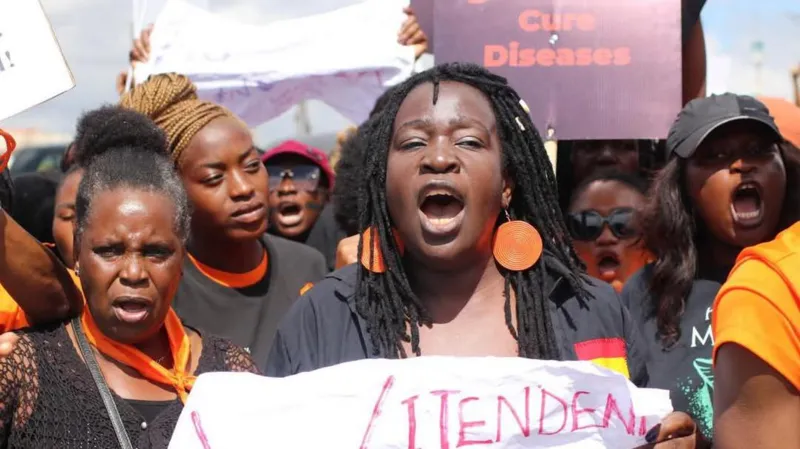Africans in Lebanon: ‘Everyone is nervous on campus

Farai Makamba, a 27-year-old student from Zimbabwe, used to keep his university books on his desk at home in Beirut.
Now they’ve been replaced by his passport, travel documents, and cash.
“I have a plan for myself in case I need to leave urgently,” he says.
Mr Makamba, whose name we have changed to protect his identity, returned to Lebanon in September to finish the final year of his master’s degree in mechanical engineering.
He spent the summer holiday at home in Harare.
He came back with the hope that the conflict would de-escalate. But since Hamas attacked Israel on 7 October last year, there has been near-daily cross-border fire between Israel and Hamas’s ally Hezbollah, the Iran-backed military group which is based in Lebanon.
This last week has seen the deadliest days of conflict in Lebanon in almost 20 years.
As many as one million people have been forced from their homes across Lebanon, the country's Prime Minister, Najib Mikati, has said.
Israel’s military says it is carrying out a wave of “extensive” strikes in southern Lebanon and the Beqaa area, aiming to destroy Hezbollah infrastructure. The group's leader Hassan Nasrallah was killed in an airstrike on Friday.
The week before last, 39 people were killed and thousands wounded when pagers and walkie-talkies used by Hezbollah members exploded across the country. Hezbollah blamed Israel, which has neither confirmed nor denied it was behind the attack.
The US, UK, Australia, France, Canada and India have all issued official advice for their citizens to leave Lebanon as soon as possible.
African students have told BBC News they now face a dilemma - whether to remain in Lebanon as Israel continues to attack or return home to countries such as Uganda, Zimbabwe and Cameroon.
At the American University of Beirut (AUB), where Mr Makamba is studying, there are around 90 African students on a scholarship programme.
Mr Makamba says there has been a “huge jump in fear” among students, especially since the pager and walkie-talkie explosions.
“We don’t know who is carrying a ticking time bomb in their pockets,” he says.
“Is it your taxi driver? Is it your Uber driver? Is it the person you are walking next to?”

The airstrikes and explosions in Beirut have left many fearful













































 Schools in Beirut, along with universities, have also closed their gates in the wake of recent attacks
Schools in Beirut, along with universities, have also closed their gates in the wake of recent attacks











